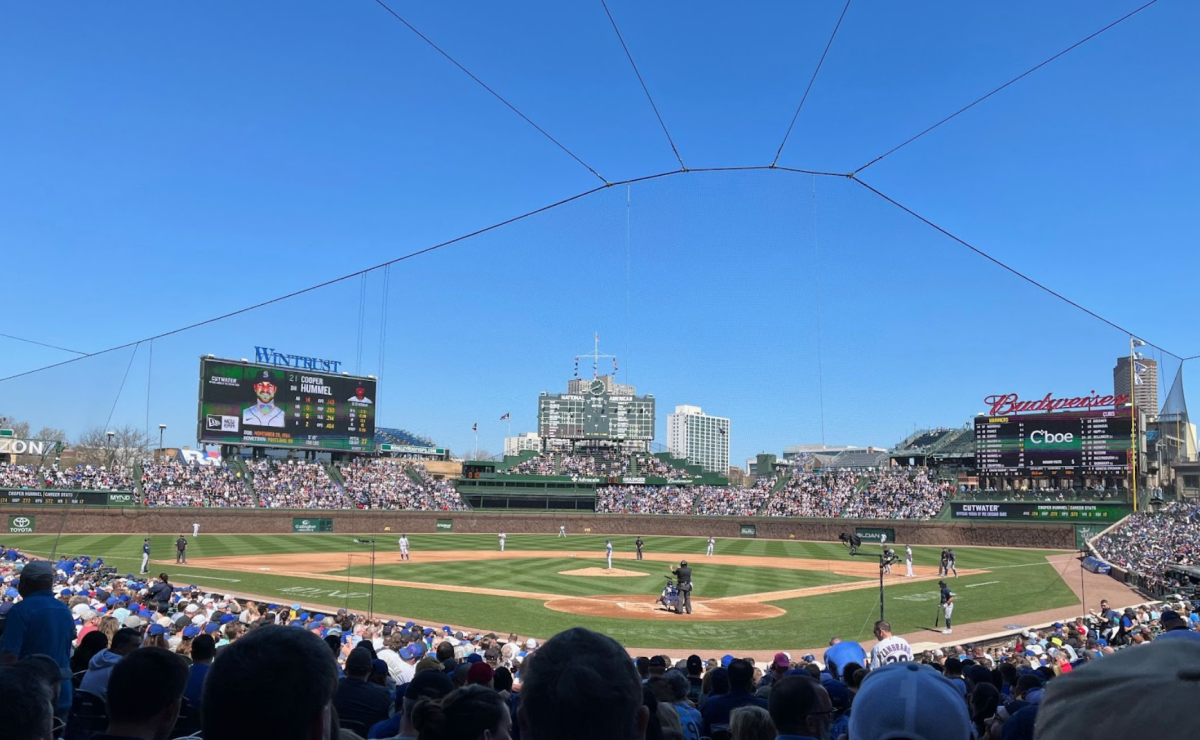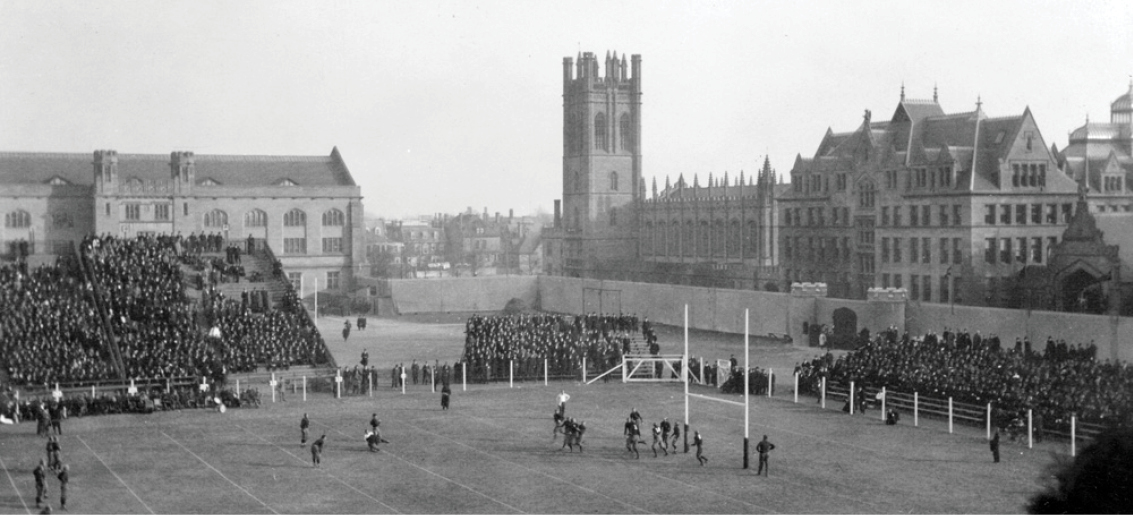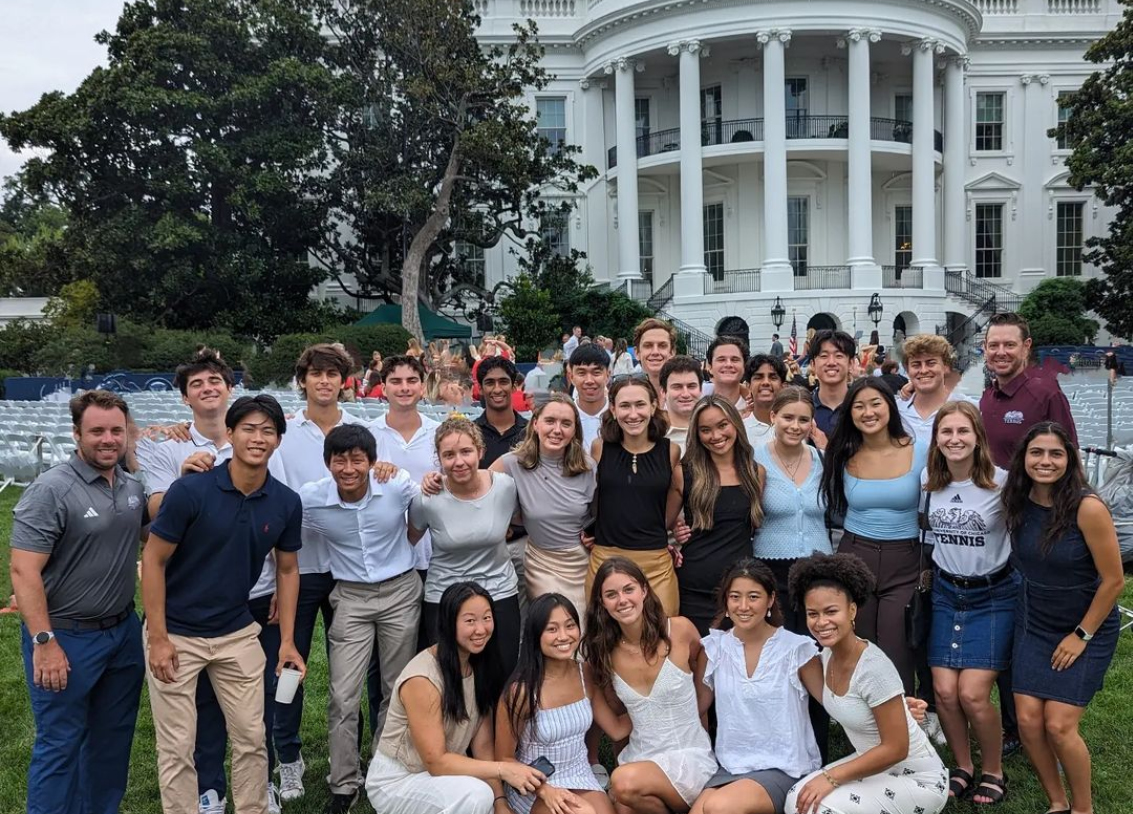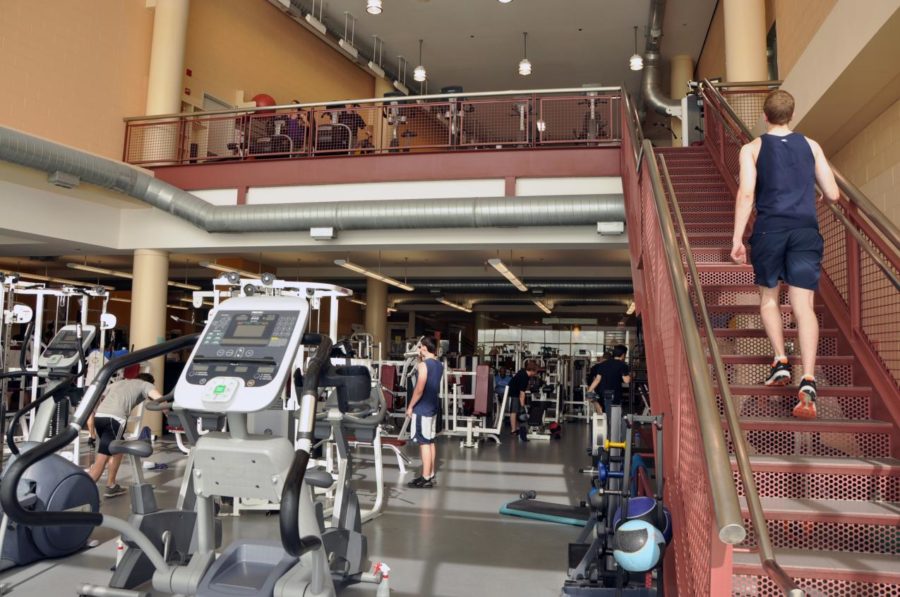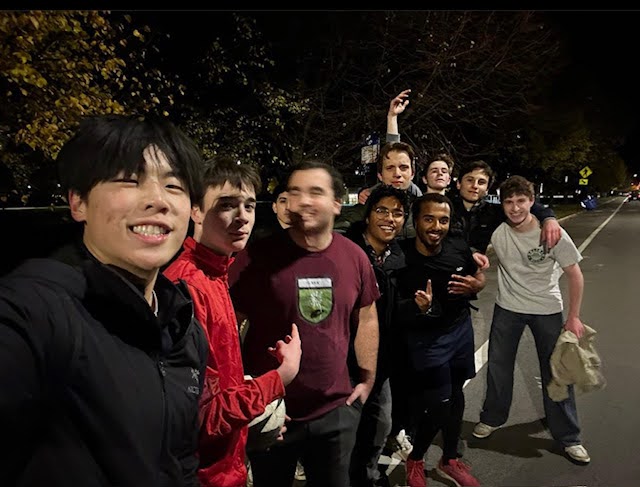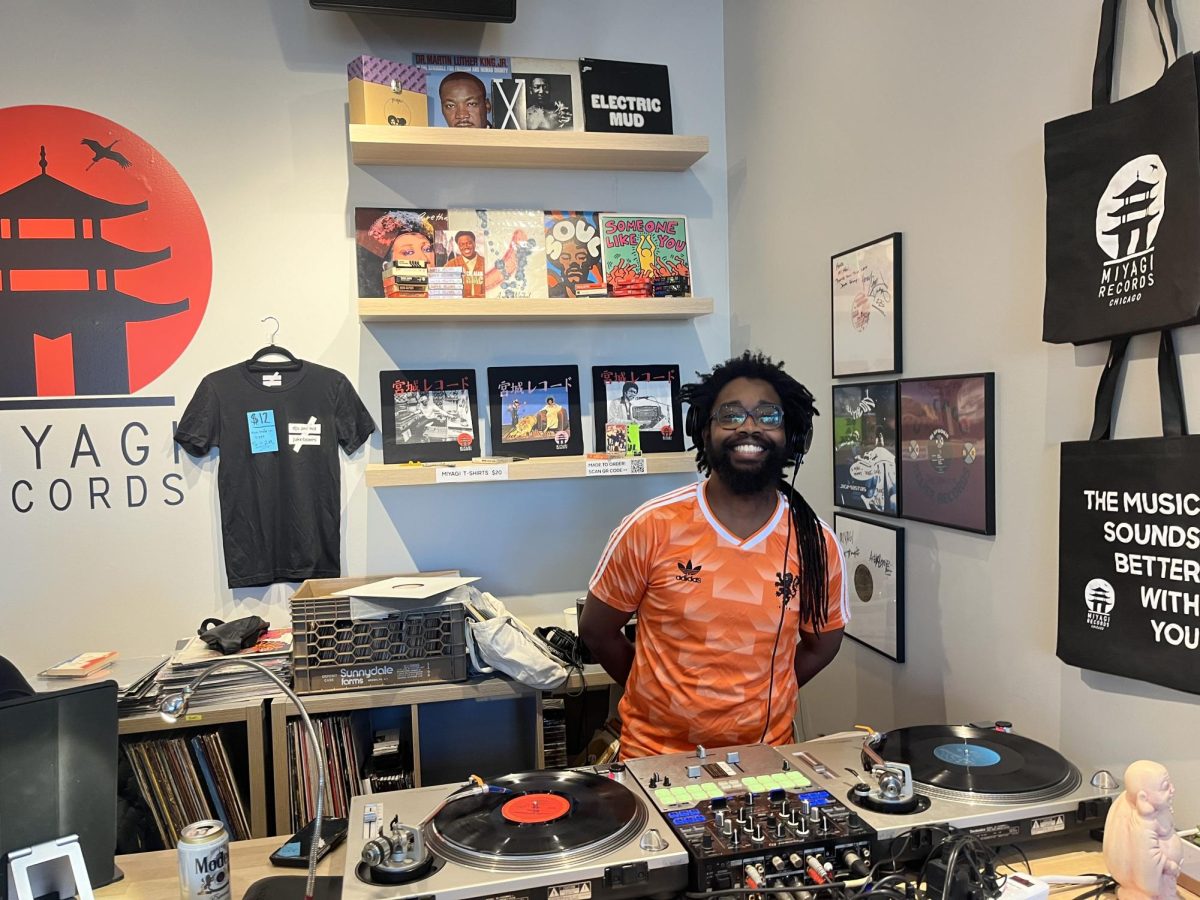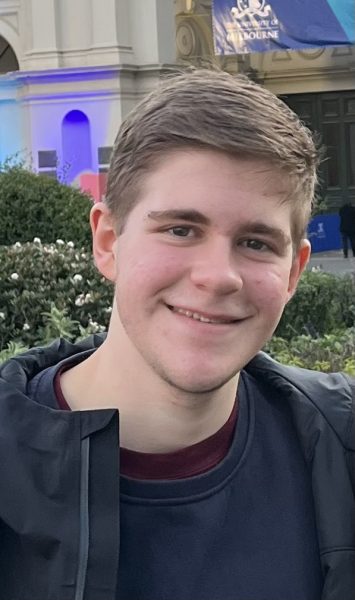“Here’s the 0-1…This is gonna be a tough play, Bryant—the Cubs—WIN THE WORLD SERIES! Bryant makes the play! It’s over! And the Cubs have finally won it all!” If you were in Chicago on November 2, 2016, chances are you probably heard some iteration of this call. That was the Chicago Cubs breaking their 108-year World Series drought. What we didn’t know at the time, however, is that Newton’s third law holds true, particularly for Chicago sports teams. For every breaking of a drought, another drought must take its place.
The Cubs “dynasty” under Joe Maddon made successive postseason appearances after their ultimate triumph, but the same success they achieved in 2016 eluded them in the years following. On the other side of Chicago, the White Sox built a team on youth and flair, headlined by Luis Robert Jr. and Tim Anderson, that was poised to have a long future of postseason success after early playoff exits in the 2020 and 2021 seasons. Yet, much like Yermin Mercedes’s career, that plan did not quite work out. While I have only mentioned baseball teams thus far, the status quo remains bleak for Chicago’s other sports teams. Justin Fields and the Bears are motoring towards yet another losing season, as their young quarterback struggles to understand the in-game plans made by the Bears’ coaching staff; a scene eerily reminiscent of that of Mark Wahlberg in “The Other Guys.” The Blackhawks, following their early 2010s success led by Patrick Kane and Jonathan Toews, have been a regular bottom-dweller in the NHL, having had several consecutive losing seasons without a sniff of the playoffs. Finally, no team has fallen further than the Bulls. Of course, the Bulls will never reattain the heights of Michael Jordan’s ’90s championship teams. However, the once-promising generation of Derrick Rose, Joakim Noah, and Jimmy Butler has come and gone, and the Bulls have been suspended in a state of mediocrity for over a decade now.
With so many losing sports teams and so many waning fanbases, Chicago sports fans are asking the ever-important question: Where do we go from here? As displayed by the shortcomings of Chicago sports in recent years, a rapid accumulation of big-name superstars only establishes temporary satisfaction among one’s fanbase, while simultaneously manufacturing a “one step forward, two steps back” conundrum. Thus, a redirection to youth is an essential shake-up to this repetitive cycle of failure and the 2023 Chicago Cubs are the perfect representation of the success of this model. They just couldn’t start the process soon enough.
Like virtually every Chicago sports team, the Cubs spent big in the 2023 offseason, bringing in several high-profile signings to bolster their roster and appease fans. This front office direction made sense for the Cubs at the time. After all, they had sold off their Cy Young candidate, Yu Darvish, and the World Series drought-breaking All-Star infield team within the span of a year. Further, a disappointing 2022 season had left fans questioning the front office’s transparency and whether the team actually had plans for the future in place. Thus, the 2023 season offered some hope to Cubs fans with several headline signings including Eric Hosmer, Trey Mancini, Jameson Taillon, Cody Bellinger, and Dansby Swanson. All of these players bar Taillon had experienced World Series success before joining the Cubs, and they would seemingly add some flair to a team that already boasted a strong backbone with Marcus Stroman, Seiya Suzuki, Nico Hoerner, and Ian Happ. Yet, a 28–37 record on June 11, 2023, suggested that things weren’t exactly going to plan for the Cubs, leaving the team in a similar position to the prior season.
Eric Hosmer and Trey Mancini couldn’t put it together in a season that saw both of them designated for assignment (essentially released, in baseball terminology) by August. Jameson Taillon, another “improvement” to the rotation, struggled in a major way for the first half of the season, posting a 6.15 Earned Run Average (ERA) that added more instability to the previously flawed starting rotation for the Cubs. A season that originally came with the hope of a return to the postseason quickly reverted to the unfortunate reality of another losing season to be endured by the fans. With their season moving in the wrong direction, the Cubs had to prioritize their future. After a 2022 trade deadline in which the Cubs had seemingly missed out on prospect hauls for two homegrown stars set to become free agents, Willson Contreras and Ian Happ, the team was all but ready to align themselves with the other “active sellers” in July. After all, Cody Bellinger, a former MVP who had struggled massively for several years before joining the Cubs, and Marcus Stroman, a 2023 All-Star, were poised to provide the Cubs with a surplus of young talent if traded. Yet, the future the Cubs were prioritizing came a lot sooner than anyone expected. So, what eventually clicked for the 2023 Chicago Cubs? A perfect fusion of talent and charisma in the second half of the season.
From the talent standpoint, the 2023 Cubs most certainly had some breakout stars. Christopher Morel, Patrick Wisdom, and Mike Tauchman were just a few under the radar names who put up above average seasons, but the real breakout stars were pitchers Justin Steele and Adbert Alzolay. Steele and Alzolay headlined the rotation and bullpen respectively for the Cubs throughout the season, bringing stability and watchability, to a Cubs roster that had lagged behind the rest of the league for years. On top of these breakout performances, Bellinger, Suzuki, Happ, and Swanson delivered on the expectations set for them at the beginning of the season, creating a team lacking in holes. Even Dheeraj Devarajan, a fourth-year student at UChicago and self-proclaimed “ardent Cubs hater,” couldn’t help but express his admiration for the Cubs’ fast-tracked resurgence. Devarajan noted that the Cubs “were fun to watch because they’re a young rebuilding team that played ahead of schedule in terms of the level of talent, especially on the pitching side.” The results produced by the 2023 Cubs were all the more impressive to Devarajan given that they were “a very young team that is only just gelling together as a group.” While it’s clear that from a talent standpoint that the Cubs exceeded the preseason expectations for a “young rebuilding team,” history has shown that a team built solely on talent can only get you so far.
In the case of the 2023 Cubs, a complete overhaul of the team’s culture following the all-star break in July seemed to get the gears moving. According to Sean Conway, a second-year student at UChicago who worked as a Wrigley Field security guard over the summer, the 2023 Cubs really only started to turn things around “with David Ross pulling the team back together.” Being in the thick of things in the bleachers of Wrigley Field, Conway found that David Ross’s inspired change of the team’s attitude led to the Cubs “putting a few wins together,” which enabled the fans to “feel like every game meant something.” It comes as no surprise that David Ross was the brains behind the Cubs’ redirect. Ross, a servant of the Cubs as both backup catcher and manager over the past decade, has always been the face of the clubhouse. In 2016, “Grandpa Rossy,” as he was referred to then by emerging superstars Anthony Rizzo and Kris Bryant, was the voice of reason and experience for a young success-driven team. Even as a retiring backup catcher on the 2016 team, Ross’s adage of “if I can do it, you can do it” served as the inspiration behind the team’s improbable World Series comeback, with Ross himself hitting a homerun in his final game: a rather important game seven of the World Series. Just as Ross was able to guide a young group of players to a World Series winning season in 2016 with the unofficial distinction of “assistant manager,” he once more summoned the best attributes from a young group—this time with a more official position as “manager.” Yet, beyond producing success on the field, Conway noted that the clubhouse attitude felt refreshed. “Everything was there. The team had chemistry, culture, and the players were joking around with each other. For instance, every time they hit a double, they would be doing the signs,” he said. The “signs” Conway refers to here were an apparent celebration mimicking the flipping of a switch by each Cubs batter after getting a base hit during the game—a very unique and personalized take on the base-hit celebration concept that has become popularized among each MLB team. While the Cubs evidently flipped a switch on both the basepaths and the NL Central Division standings, they had to have their canonical Chicago sports moment at some point.
As Devarajan emphasized, his “favorite part of the Cubs season was the last two weeks.” These last two weeks included choking a playoff spot by losing six of seven to the eventual National League Champion Arizona Diamondbacks, and a dropped fly ball by Suzuki reminiscent of the Steve Bartman incident. The Cubs’ collapse could be attributed to “not having enough depth” per Devarajan, or a Chicago-esque “explosion” per Conway, but both agree that the Cubs greatly exceeded expectations in 2023.
Whether or not the Cubs will be serious playoff contenders, or even World Series contenders, next season still remains to be seen. As Devarajan outlined, “the Cubs showed a willingness to spend long-term money in the last couple of years.” The team appears well-positioned to invest in the available talent pool this offseason, supplementing an already strong youth core featuring Steele and Alzolay, who have several more years on their contracts each. Yet Conway expects a slight regression for the Cubs in 2024, mainly due to the surprising managerial shift from David Ross to Craig Counsell, the longtime manager of the division rival Milwaukee Brewers. As Conway highlighted, from a fan’s standpoint, “David Ross was our guy. He helped us win the World Series and was a great person to be around. He was a huge reason for the team chemistry this year.” David Ross left a lasting impact on both the team and the fans, but Conway was still optimistic about the Cubs’ long-term future. “As Counsell and the community bond together, we are going to be the best team in the division,” he suggested. While the Cubs may not reach the same heights of a potential playoff run next season, there is clearly hope that Counsell’s leadership, paired with some strategic investment by the front office, will provide Wrigley with the ultimate prize in a few years’ time.
As the Cubs, and their fans, reflect on their bittersweet 2023 season with regrets of a missed playoff opportunity (the pennant-winning Diamondbacks essentially took their spot), their season still offers insight into an attainable winning formula for other struggling Chicago sports teams. Given the amount of time that has elapsed without success, it seems likely that most Chicago teams have failed to identify any culprits responsible for the simultaneous lack of winning form. Yet maybe the answer has never been finding the cause for the losing streak, but rather lies in controlling the repercussions losing has on both a team and its fanbase. As Conway has heeded from his proximity to the Cubs franchise, “losing does not help anyone’s team culture.” Especially for Chicago teams, the consistent pressure on players to perform is immense; fans always expect Jordan’s Bulls or Payton’s Bears to run out onto the field at the beginning of each season. When they naturally don’t live up to these golden generation expectations, it is tough for Chicago fans to endlessly put up with this struggle for success. Yet Conway’s explanation doesn’t necessarily go both ways; short-term winning does not perfectly improve a team’s culture either.
Take the Bulls and White Sox for instance: two teams that, to the dismay of Devarajan, are owned by real estate tycoon Jerry Reinsdorf. In 2021, both teams boasted winning records that placed them third and first in their respective divisions. Being the tycoon he is, Reinsdorf’s prioritization of “ticket sales,” according to Devarajan, led to the rapid accumulation of big-name signings for both teams in the offseason leading up to 2021. For the Sox, Reinsdorf brought in some quality pitching with Lance Lynn and Liam Hendriks, and seemingly put the cherry on top by hiring World Series-winning Tony La Russa as the team’s manager. Similarly, for the Bulls, Reinsdorf brought in All-Star DeMar DeRozan and Lonzo Ball to redirect the franchise to winning territory. As mentioned, both teams did fairly well in the 2021 season, giving fans hope that a brighter future lay ahead for Chicago sports teams. Yet 2022 and 2023 have been rough for both teams, with persistent losses being practically second nature. As Reinsdorf’s approach has shown, a temporary injection of big-name players to satisfy the fans and the city’s need for success does not fix the problem, but rather worsens the situation long-term. Devarajan’s summary of the problem for these two teams, and Chicago sports as a whole, encapsulates the situation perfectly: “an unwillingness to embrace the tank.” This unwillingness within other Chicago sports teams makes the 2023 Cubs an anomaly compared to their compatriots.
Unlike the other teams, the Cubs embraced the tank. Contrary to public opinion, the Cubs didn’t spend two losing seasons accomplishing nothing. An aging team in 2021 featuring many of the same players from the World Series winners five years prior transitioned into a youthful team in 2022 and 2023 lacking the notoriety of their predecessors. Unlike the group of talented individuals assembled by Reinsdorf, the unknown Cubs made themselves known this year as a unified team. When reflecting on what the Cubs excelled at this year, Conway emphasized that “having core leadership like Dansby [Swanson], Bellinger, and Happ was huge.” Conway acknowledged that this project also wouldn’t have been possible without “a manager or coach that these players can respect.” The 2023 Cubs took the time to channel their losses into something positive. They fostered a team culture headlined by a solid group of leaders and a player-first manager who made the clubhouse a sanctuary for the inexperienced group of young players. Such a unified team effort is difficult to attain in any sport, let alone a sport so dependent on individual efforts like baseball. Yet, in only two years, the Cubs found a way to create a youthful team that was as hungry for success as the 2016 team. In 2023, as Conway saw firsthand, “the Cubs were having fun.” This “brought the fans into it, creating a thriving team culture.” This formula for success worked wonders for the Cubs in 2023, and it can surely produce similar results for other fanbases in Chicago. It only takes one team to promote this citywide mentality shift towards long-term considerations. For the Bears, the tools to complete this necessary mentality shift are ready. Devarajan suggests that “if they find the right coach and make the tough decision to move on from Fields,” they will be well-equipped to be competitive for years to come. Similarly for the Blackhawks, the team and fans need to be patient as the team grows. With already-hot prospect Connor Bedard at the forefront, the team will surely appear regularly in the Stanley Cup for years to come. As mentioned earlier, the Sox and Bulls are trapped in the business-oriented model of Jerry Reinsdorf, so expectations for those teams’ long-term development seem rather bleak. Yet, there is always hope that Jerry Reinsdorf reads this article and changes his mind about the operations of those teams. Most importantly, however, the Cubs need to stick to their established principles in 2024. With a new manager at the helm, the Cubs and their fans must once again accept the potential of losing, as Counsell, and fresh faces, assimilate within the Cubs community. For this trend to be successful, Conway reasons that “teams and fans need to accept the change and be ready for a downgrade before a return to the top.” As a parting message, Conway had some words that are all too familiar to Chicago sports fans: “We do need to wait a little longer.”



